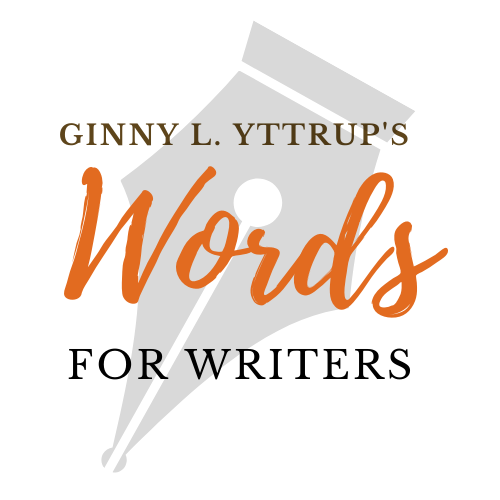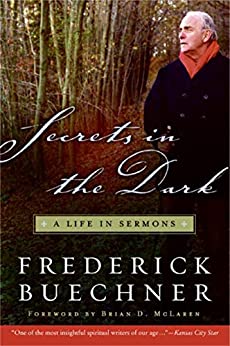Live the Tension

Now faith is confidence in what we hope for and assurance about what we do not see. This is what the ancients were commended for.
Hebrews 11:1–2 NIV
Tension.
Tension is unanswered questions. Tension is unresolved conflict. Tension is a crafting tool for writers.
Tension in fiction, memoir, and nonfiction keeps readers turning pages.
Tension is the piece of the writing craft I most love to teach. Creating tension in the fiction I write is a challenge I anticipate with excitement. Identifying and suggesting ways to increase tension in manuscripts I edit is a process I enjoy.
But tension in my life? Unanswered questions in my work? Unresolved conflict in my writing story? That’s tension I don’t want.
And yet . . .
Without tension, stories lag.
Even our lived stories. Including the stories of our writing lives.
Many years ago, during the first act of my writing story, the Author of my story hooked me with a whispered promise to my soul. I believed I had heard him say that I’d eventually work with a specific editor. But the unsolicited assurance seemed ridiculous. To begin with, she was a fiction editor, and I wrote nonfiction.
Had I really heard God? Or was I crazy? Why would he specify that editor? Was I supposed to write fiction? To drop the nonfiction projects I was writing?
Unanswered questions swirled. For days, months, years.
When I sold my first nonfiction project, that sale amplified the questions.
Surely, I’d heard God wrong. Right?
If I’d heard God right, then how would the promise unfold? What would it entail? When would it begin?
As years passed and circumstances wove a personal relationship with the editor God had specified, the tension of those unanswered questions increased. And the tension propelled me forward. The tension pushed me to persevere.
I was compelled to find out what would happen. I had to know how the story of this promise from God would end. So, I kept turning the pages of my writing story one project at a time. As soon as I filled one page with words, I wrote the next and then the next. I wrote words of fiction and nonfiction, praying the words would lead the way.
During the second act of my writing story, conflict increased the tension. I reached a point when I didn’t know what to write or have the emotional energy for writing. When I did write and submit my work, the work was rejected again and again. Finally, I gave up on the writing life only to place my fingers on the keys to write again. Tension continued to push me to discover how my writing story would end.
There was too much conflict in my life to detail here, but as happens in all good stories, the stakes were raised until the odds of my writing success seemed impossible.
Seventeen years after I believed I’d heard God speak about myself and the editor and more than five years after I’d committed to writing fiction, I reached the third act of my story, the act where all tension resolves. By then, I had a completed fiction manuscript and an agent, who had submitted the manuscript to publishers.
In the final climactic scene of my story, my agent called me several times, but I didn’t receive his messages. I’d moved unexpectedly and hadn’t thought to give my agent my new phone number. I opened my email inbox one morning and discovered an email from my agent with “Urgent!” in the subject line. When I called him, I learned he’d received a contract offer for me to write three books in three years. The acquisitions editor of the publishing company was the editor God had spoken to me about years before.
Tension makes a story worth reading.
Tension makes a story worth living.
Is there unresolved tension in your writing story? Are there unanswered questions? Is there conflict?
Live the tension.
Live in faith.
When the stakes are raised, when you’re facing impossible odds, keep going.
Keep filling pages with words.
Let the tension propel you forward.
Live in confidence of what you hope for and assurance of what you cannot see.
Let the tension push you to reach “The End” in a story God’s authored just for your writing life.
Every few years, I pull from my bookshelf Frederick Buechner’s Secrets in the Dark: A Life in Sermons and reread his essay “Faith and Fiction.” Worth the price of the book, that poignant essay reminds readers that the writing journey is a journey of faith.
“Faith is homesickness. Faith is a lump in the throat. Faith is less a position on than a movement toward, less a sure thing than a hunch. Faith is waiting. Faith is journeying through space and through time.”
Whether you write fiction or nonfiction, I recommend Buechner’s essay “Faith and Ficiton.” I’ve also enjoyed the other essays in Secrets in the Dark.



